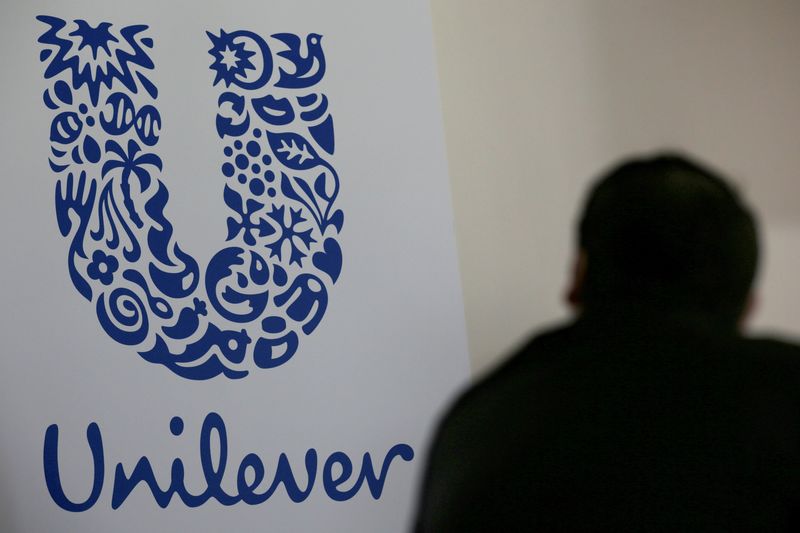Unilever aims to boost growth, cut costs
Investing.com -- Unilever's (AS:ULVR ) latest Capital Markets Day provided a detailed roadmap for the company's future.
Key strategies include divesting non-core assets, accelerating innovation, and optimizing operations. The company also aims to strengthen its position in key markets and premiumize its brands.
Analysts from Barclays (LON:BARC ) said that the event emphasized incremental updates rather than major revelations. One of the few major announcements was the planned divestment of select food brands generating over €1 billion in annual revenues, though the broader food division will remain intact.
Unilever also raised its medium-term return on invested capital target to the high teens, signaling a shift towards more ambitious financial goals.
Analysts at BofA Securities identified the company’s strategy as firmly grounded in premiumization, innovation, and a focused approach to geographic and market priorities, setting the stage for a meaningful turnaround.
Despite these positive strides, analysts underscored that Unilever’s challenges, including its struggle to regain market share, remain significant hurdles.
Unilever plans to boost growth through an emphasis on its 30 PowerBrands, which account for approximately 75% of sales, and its top 24 markets, which contribute around 85% of its revenue.
Disproportionate investment in these areas aims to enhance competitiveness, with particular focus on key markets like the U.S. and India.
The company is targeting market share improvements by the second half of 2025 and intends to scale innovations more effectively, aiming for over €100 million in incremental turnover per innovation within three years.
This aligns with plans to premiumize core brands like Dove, with expanded efforts in hair and skincare, while also internationalizing select U.S. brands.
However, the event did not entirely escape criticism. Analysts at Barclays flagged the perceived lack of ambition in Unilever’s innovation goals. While the company doubled its innovation output since 2021, it has yet to translate this into meaningful market share gains.
Additionally, there were concerns about the underrepresentation of the prestige beauty segment at the CMD, an absence given its potential as a growth driver.
Operationally, Unilever appears committed to enhancing margins and efficiency, with a €800 million productivity program aimed at optimizing procurement and production. The recent spin-off of the ice cream division is expected to allow greater focus on its four remaining business units.
CFO Fernando Fernandez conveyed confidence in these steps but acknowledged that execution would be key to realizing Unilever’s ambitious targets, including achieving 2% volume growth.
Looking forward, the company’s ability to implement its strategy effectively will likely dictate its trajectory in a competitive landscape.
“There are signs of progress at Unilever given its reorganisation and new strategy, however we think it will take time,” said analysts at RBC Capital Markets in a note.
Source: Investing.com
